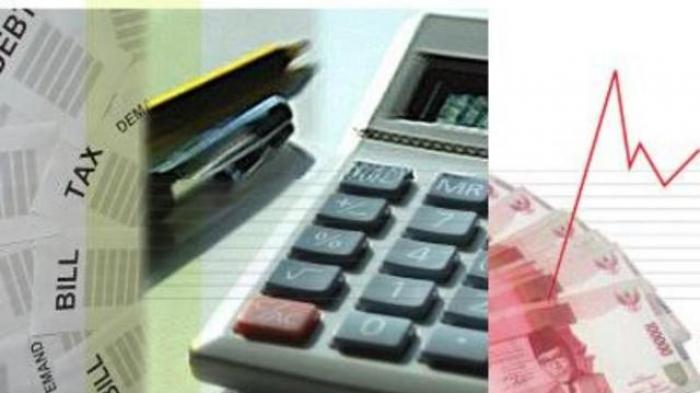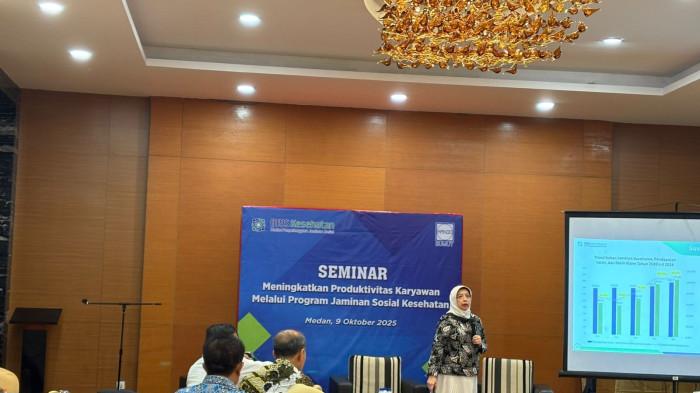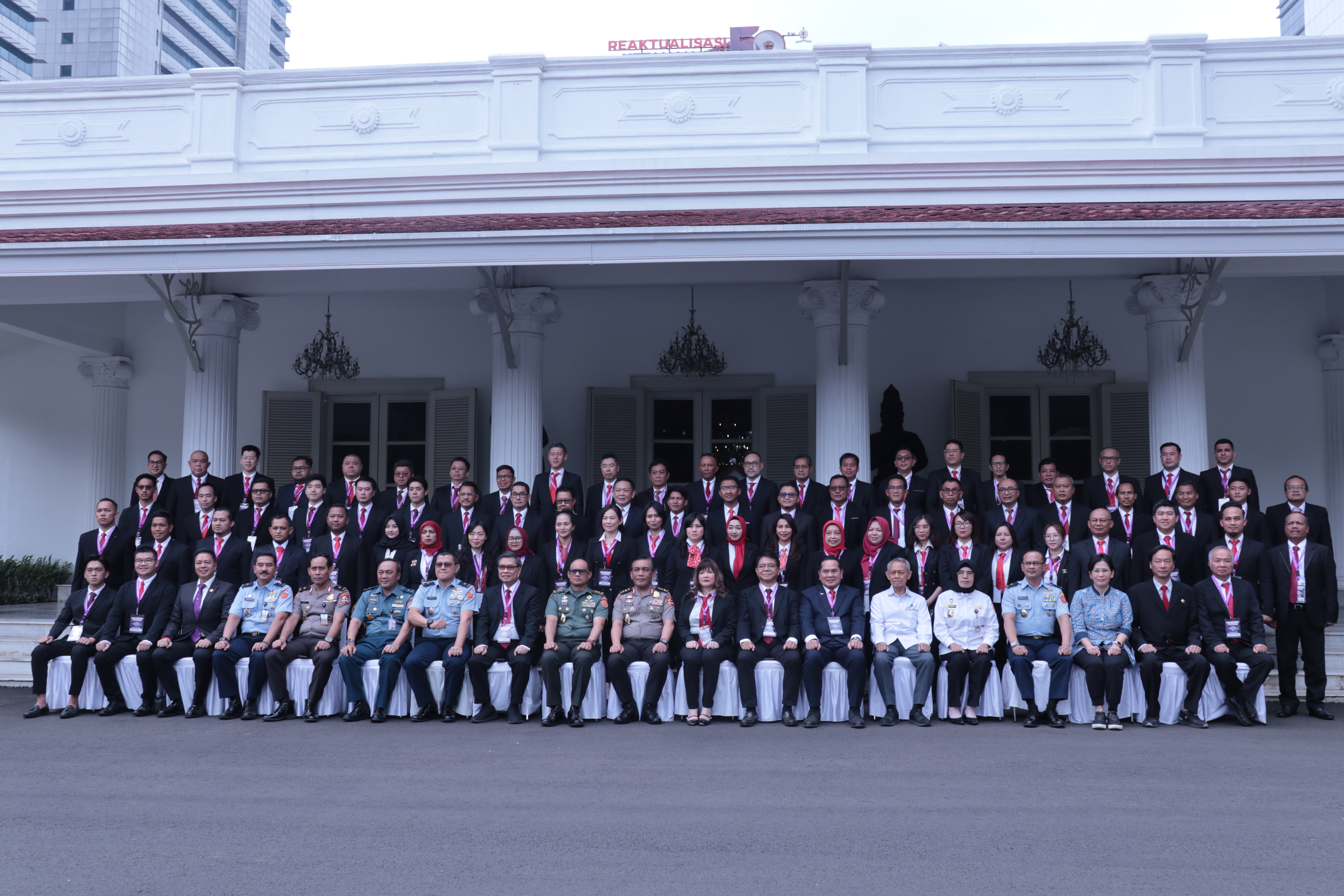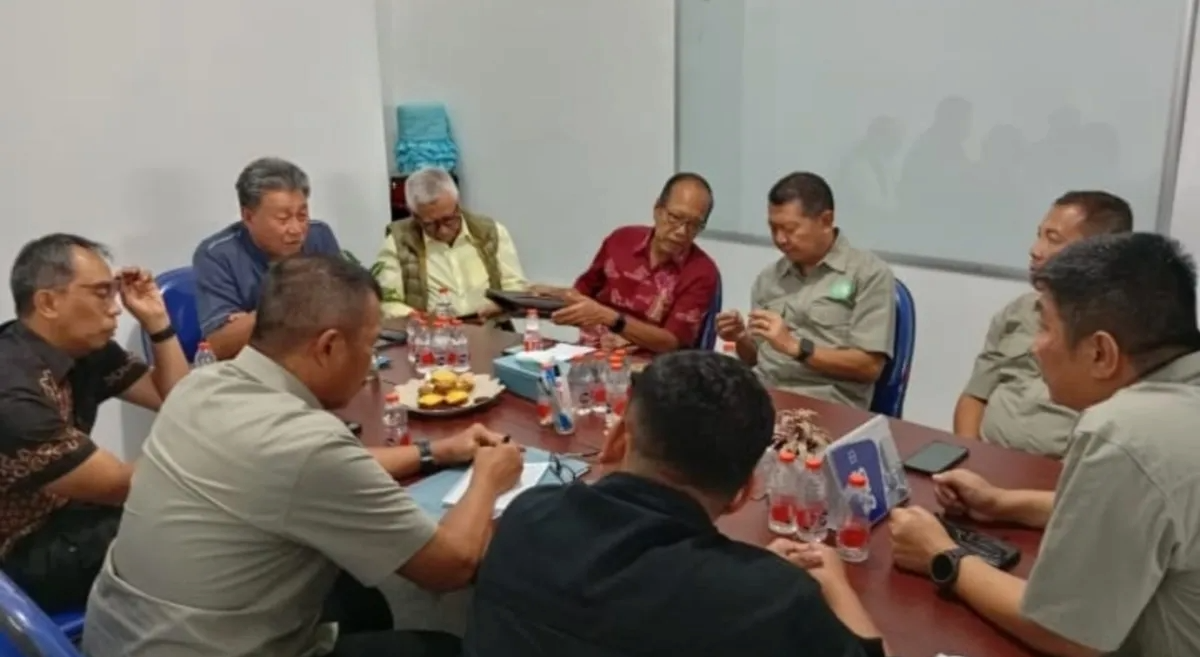Pros and Cons of Reciprocal Tariff Delay: Apindo Sukoharjo Responds
Saturday, 12 April 2025
SUKOHARJO – The 90-day postponement of the 32 percent reciprocal tariff presents an opportunity for the Indonesian government to engage in negotiations with the United States. The reciprocal tariff policy is seen as having both advantages and disadvantages for Indonesia’s export performance.
This was conveyed by the Chairman of the Indonesian Employers' Association (Apindo) Sukoharjo, M. Yunus Arianto, on Saturday (April 12, 2025).
Ari, as he is commonly known, stated that exporters in Sukoharjo could breathe a sigh of relief following the 90-day deferral of the reciprocal tariff, which applies to dozens of countries, including Indonesia.
“The three-month grace period should be utilized by the Indonesian government to negotiate with the U.S. government. It is hoped that both nations can reach a win-win solution,” he said.
The import tariff policy introduced by the United States under President Donald Trump brings both benefits and challenges to Indonesia’s trade balance.
This situation serves as a moment for the Indonesian government to comprehensively evaluate various import policies related to the United States—such as the import relaxation of specific commodities from the U.S.
“It is time for the government to introspect and review any policies that pose barriers. For instance, the import relaxation of U.S. goods as part of our international trade partnership,” he added.
However, the drawbacks of implementing reciprocal tariffs are likely to be felt by Indonesia’s export-oriented businesses.
There are concerns that this policy may reduce Indonesia’s export competitiveness in the U.S. market. In the short term, it could lead to a decline in foreign demand for Indonesian products.
Exporters are encouraged to explore new trade partnerships in markets such as Africa, Europe, or the Middle East.
“Product prices also need to be made more efficient so they remain competitive abroad. This is one of the solutions for export-oriented businesses to minimize the impact of the U.S. reciprocal tariff policy,” he explained.
As previously reported, U.S. President Donald Trump, on Wednesday (April 9, 2025), announced a 90-day delay in the implementation of reciprocal tariffs on various trading partner countries, while still raising tariffs on Chinese imports by 125 percent.
Countries initially slated for higher reciprocal tariffs will instead be subject to a basic 10 percent tariff, including on steel, aluminum, and automobiles.
Trump noted that over 75 countries have expressed readiness to negotiate with the United States. However, he also stated that his administration continues to review the potential for tariff hikes in the pharmaceutical sector.
Meanwhile, the Indonesian government has prepared several negotiation packages to be brought to discussions in Washington D.C. in response to the U.S. reciprocal tariff policy.
Source: solopos.espos.id









